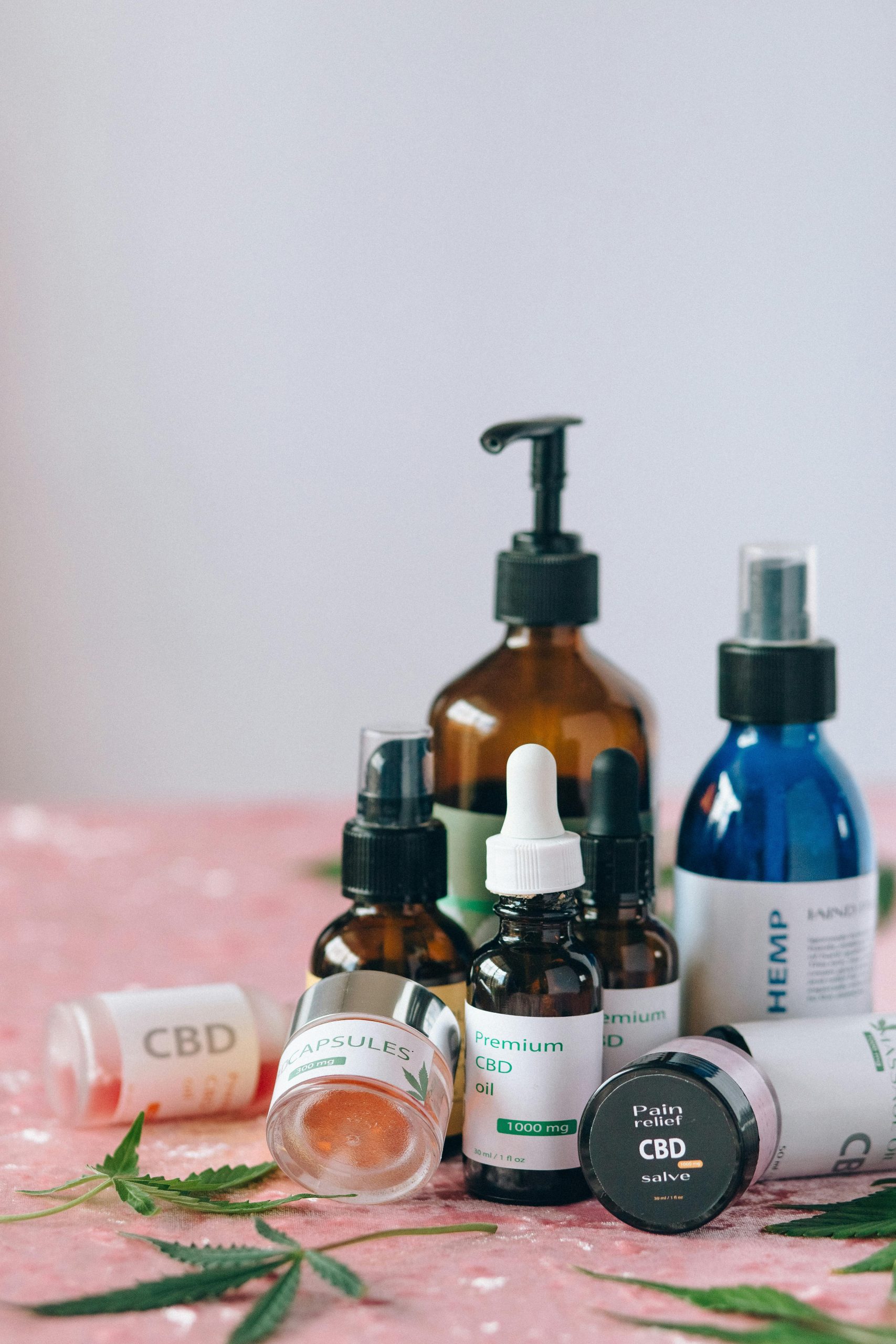Daily Iron Requirements: A Comprehensive Guide to Pet Supplements
When it comes to keeping your furry friend healthy, understanding their daily iron requirements is crucial. Just like humans, pets need the right balance of nutrients to thrive. But how much iron does your pet really need? And what happens if they don’t get enough—or too much? In this guide, we’ll break down everything you need to know about iron supplements for pets, including dosage guidelines, benefits, and potential risks. By the end, you’ll feel confident in making informed decisions about your pet’s health.
Table of Contents
Why Iron Matters for Your Pet’s Health

Iron plays a vital role in your pet’s body. It helps carry oxygen through the bloodstream, supports muscle function, and aids in energy production. Without adequate iron, your pet could develop anemia—a condition that leaves them tired, weak, and prone to infections. Imagine trying to run a marathon on empty; that’s what life feels like for a pet with low iron levels. Understanding the importance of iron can help you recognize early warning signs and take action before things escalate.
Understanding Daily Iron Requirements
So, what are the daily iron requirements for pets? The answer depends on factors like species, age, size, and activity level. For example:
- Dogs: Adult dogs typically require around 80-120 mg of iron per kilogram of food.
- Cats: Cats generally need slightly less—about 75-90 mg per kilogram of food.
- Puppies/Kittens: Growing animals may need higher amounts due to rapid development.
Keep in mind these numbers are averages. Always consult your vet for personalized advice tailored to your pet’s unique needs.
Choosing the Right Iron Supplement

Not all iron supplements are created equal. When choosing one, consider the following:
- Type: Ferrous sulfate is commonly recommended because it’s easily absorbed by pets.
- Form: Liquid drops, chewable tablets, or powders? Pick what works best for your pet’s preferences.
- Brand Reputation: Stick with trusted brands known for quality ingredients and transparent labeling.
Pro tip: Avoid human-grade iron supplements unless specifically advised by your vet. Pets metabolize nutrients differently than we do, so sticking to formulations designed for them is key.
Dosage Guidelines and Best Practices
Getting the dosage right is where many pet parents stumble. Too little won’t solve the problem, while too much can lead to toxicity. Here’s how to stay on track:
- Start Small: Begin with the lowest effective dose and adjust based on your vet’s recommendations.
- Monitor Closely: Watch for changes in behavior, appetite, or stool consistency.
- Pair Wisely: Vitamin C enhances iron absorption, but calcium can hinder it. Time meals accordingly.
Remember, consistency is key. Skipping doses or doubling up randomly won’t give you the results you’re hoping for.
Risks of Overdosing and Warning Signs

While iron is essential, more isn’t always better. An overdose can wreak havoc on your pet’s system, causing symptoms like:
- Vomiting
- Diarrhea
- Lethargy
- Abdominal pain
If you suspect an overdose, contact your vet immediately. Prevention is easier than treatment, so store supplements securely out of reach.
Frequently Asked Questions About Pet Iron Supplements
Can I Give My Pet Human Iron Pills?
Nope! Human pills often contain additives unsafe for pets. Stick to vet-approved options instead.
How Long Does It Take to See Results?
Typically, improvements appear within a few weeks. However, every pet responds differently, so patience is key.
Are There Natural Sources of Iron for Pets?
Absolutely! Lean meats (like beef or chicken), eggs, and certain veggies (like spinach) are excellent natural sources.
Conclusion
Understanding your pet’s daily iron requirements empowers you to make smarter choices about their care. Whether you opt for supplements or focus on dietary adjustments, prioritizing their nutritional needs ensures they live their happiest, healthiest life. Ready to dive deeper? Check out our related posts on other pet supplement topics below!
Got questions? Drop them in the comments—we’d love to hear from you!